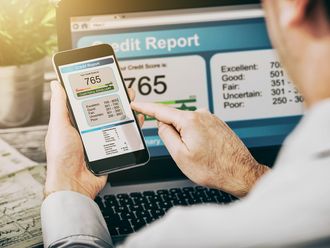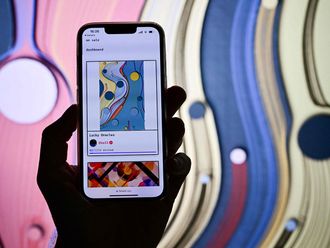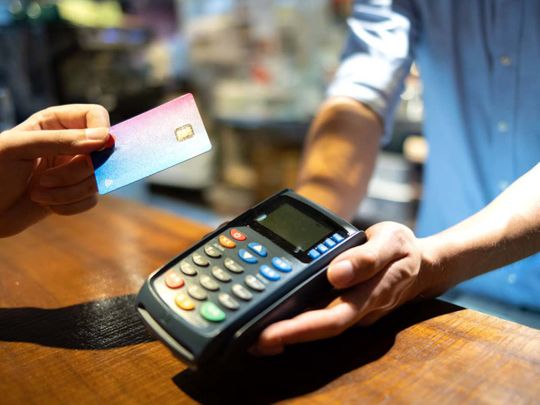
Dubai: When used responsibly, a credit card can be a very helpful financial tool. But if your credit spending gets out of control, monthly payments and accumulated interest can become a problem.
A credit card is a convenient way to make purchases and earn rewards, but it shouldn’t be used to buy things you can’t afford. Having a realistic idea of the amount you can spend and pay off at the end of the month will keep you from getting in over your head.
Here’s a first-hand experience on how to go about it.
How I bought a TV, iPad, phone and other gadgets with credit card points
- By Alex Abraham, Senior Associate Editor
When I first applied for a credit card in Dubai more than 20 years ago, my father warned me.
He cautioned that the credit card was not a piece of plastic to buy what I did not need with money I did not have. That was sound advice because there were many cases of people ruining their lives after falling into debt.

I was cautioned a credit card was not a piece of plastic to buy what I did not need with money I did not have.
So, I was careful in the way I used the credit card, making sure that I paid off the entire amount on the statement at the end of the month. It was more of a convenience card for me, allowing me to use it for all purchases without carrying money, and at the same time not falling prey to debt.
Once, when I was buying grocery at a supermarket, I was offered another card – this time a co-branded one, which did not have an annual fee. I was not concerned about the interest rate because I never intended to keep any balance on the card. But this time I was curious about the other benefits it offered. It turned out that I would get between 1 and 5 points for every dirham I spent, especially at the supermarket and that I could redeem the points to buy anything from the store. It sounded good and I decided to give it a try.
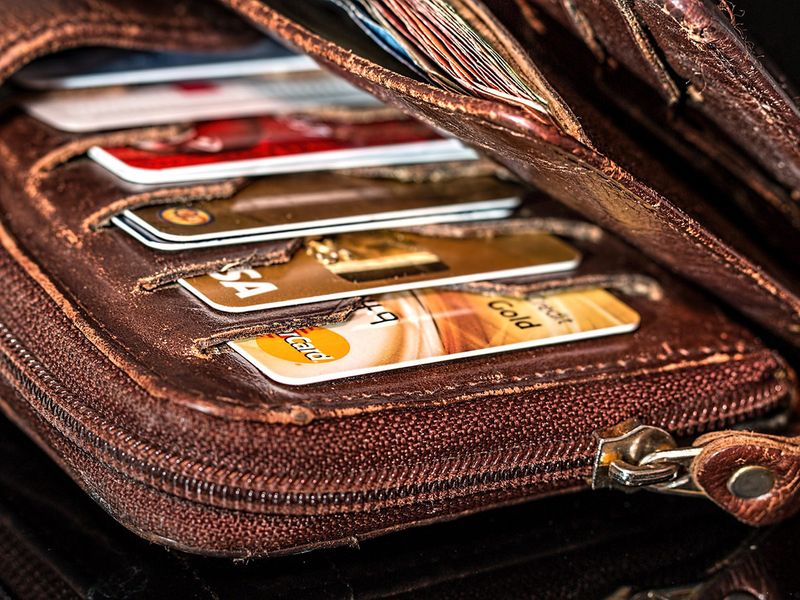
My wife and I used the card for all our purchases – grocery, fuel, dining out, even house rent. Before we knew it, the points started accumulating. We waited for it to reach a certain level, and then bought our first big purchase – a television – entirely on points from the credit card without spending an extra dirham.
Over the years we accumulated enough points to buy an iPad, a phone, a video camera and numerous other gadgets. We continue using the card because of the benefits. There is no annual fee and if the credit balance is paid off every month, there are no charges at all.

Credit card was more of a convenience card for me, allowing me to use it for all purchases without carrying money, and at the same time not falling prey to debt.
2. Look around for a credit card with no annual fee. There are plenty in the market.
3. Look for the benefits offered with the card. Some have cash back offers, others allow you to buy goods based on the points accumulated. Choose what you feel is best.
4. As far as possible, pay off the entire amount on the statement at the end of the month.
5. Pay the statement balance on time. There is a penalty for not paying before the due date. This, again, is a waste of hard-earned money.
How I paid Dh650 for my return flight to Spain with a simple credit card hack
- By Bindu Rai, Entertainment Editor
I am a serial procrastinator, even when it comes to planning holidays. Which is why I usually end up paying airfares hovering at their peak. My life changed, however, when a vacation to Spain was stubbornly defying every budgetary restraint I threw at it.

Two calls and a few hours later, my flight to Spain was booked for Dh650, with enough miles leftover to book another one-way ticket to Ibiza
After four days of watching me painstakingly number crunch my way from Madrid down to Granada, a friend suggested I check whether I had accumulated air miles through my credit card to get a discount on my fare.
Two calls and a few hours later, my flight to Spain was booked for Dh650, with enough miles leftover to book another one-way ticket to Ibiza. How did that happen, you ask?
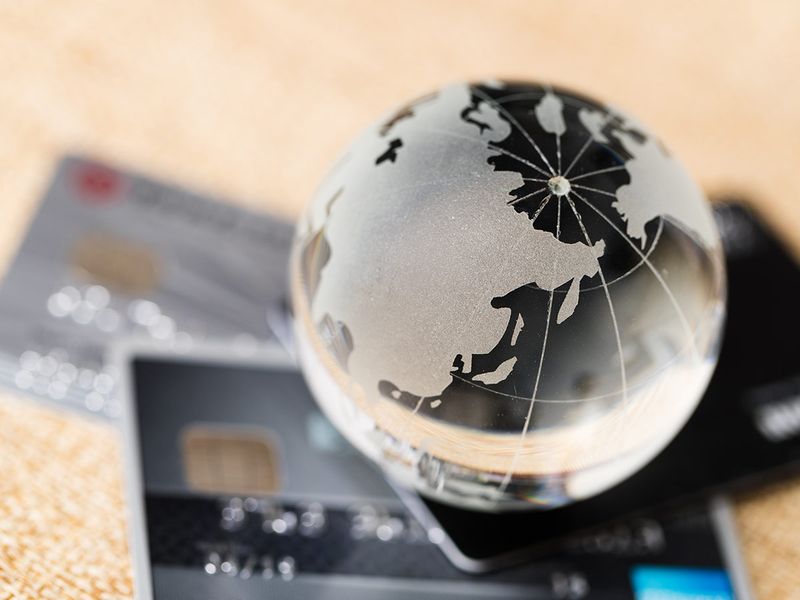
My credit card was (not so) secretly earning me 1 air mile per dirham spent, while my mother’s daily grocery buys were racking up a few thousand more along the way. Who knew weekly intake of Brussels sprouts would eventually earn me more than just health benefits?

My credit card was (not so) secretly earning me 1 air mile per dirham spent, while my mother’s daily grocery buys were racking up a few thousand more.
2. Spend miles with one hand and earn with the other: As a member of a loyalty programme of a Dubai-based airline, I quickly realised that while I was spending air miles from an independent programme, it also allowed me to earn miles back in the form of the carrier’s own loyalty programme. It was win-win all the way.
3. Daily expenditure: My mum isn’t a credit card user, period. However, she soon understood that every time she went to the local supermarket, all she had to do was fork over the cash along with the air miles card that came along free with the credit card. If there is no independent loyalty card to clock up the miles, then simply use your credit card to pay for the groceries, gas, Dewa, etc. and rack up those miles. If you pay your Etisalat bills in this manner, you also earn Smile points that can be used with big retailers to earn hefty discounts.
4. Cash back card: Credit cards aren’t useful for air miles alone. When the family was in the market for a new car, they checked with the agency and were able to pay for it through a cash back credit card, ultimately driving away with a handsome discount in the process.
5. Watch out for those sign up bonuses: Always be open to switching accounts if you feel the sign-up bonus of 100,000 airline miles will work in your favour in the long run.
How personal finance and credit card experts weigh-in on prudently using credit cards
Personal finance experts spend a lot of energy trying to prevent us from using credit cards – and with good reason. Many of us use credit cards irresponsibly and end up in debt.
However, contrary to popular belief, if you can use the plastic responsibly, you're actually much better off paying with a credit card than with a debit card and keeping cash transactions to a minimum. Let's examine why your trusty credit card comes out on top, and certain credit card uses and strategies to employ.
Credit cards can provide an array of benefits, from 0 per cent interest financing to free shipping access, but perhaps one of the most lucrative perks is the potential to earn rewards.
Rewards cards come in all shapes and sizes, providing you with cash back, points or miles that you can redeem for statement credits, travel, gift cards and much more. But if you take certain actions, like carrying a balance, you may negate any rewards you earn.
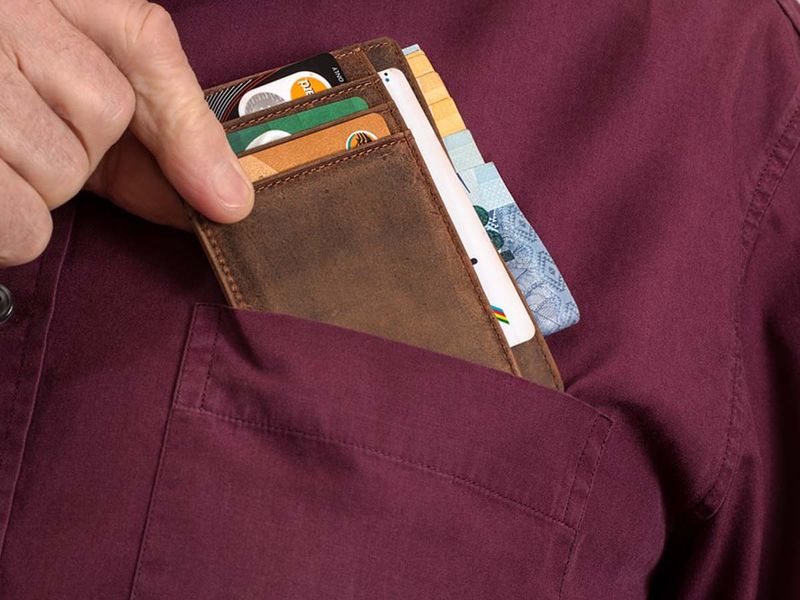
- Have you been earning airline miles but want to pivot to more flexible cash back?
- Are you no longer using a card’s benefits enough to justify its annual fee?
- Is the card you opened for a balance transfer offer no longer useful?
If the answer to any of the above is yes, you may need to request a “product change” from your card’s issuer. This process lets you upgrade or downgrade to a different product within your card issuer’s portfolio — say, a card with better rewards or no annual fee.
The process can vary, but in most cases there’s no new application, and hence no hard inquiry on your credit report. You often retain the same account number and, as such, the same account history. All of this is beneficial for your credit scores.
One drawback to a product change, however, is that you generally aren’t eligible for the sign-up bonus on the product you switch to. So if you’re eyeing bonus points, it might be worth a separate application.
Even still, experts view that you may want to retain your old card and its account history, especially if it’s not charging you an annual fee. Just make sure to use it at least a few times here and there, perhaps to pay a recurring monthly subscription. That way you’ll avoid having it closed due to inactivity.
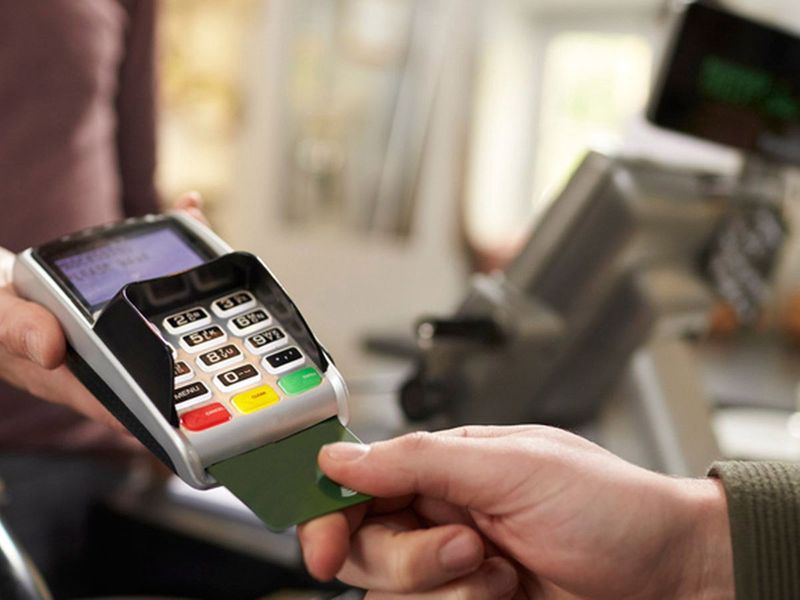
Card issuers offer incentives to retain you as a customer
If you are in possession of a credit card that you’re unsure whether to cancel it or not, credit card professionals often recommend that instead of cancelling it right away, you could consider seeking an incentive that an issuer may grant you to keep you as a customer.
First, be upfront with your card issuer and let them know that you’re seriously considering cancelling your card. However, before doing so you’d like to know if there are any offers available to continue keeping your credit card.
You may be offered a statement credit, bonus points or an annual fee reduction or waiver. Any of the above could help you decide whether to continue holding onto that card.
Co-branded credit card or a general card with rewards? Let’s find out which!
If there’s a particular store, airline, hotel that you visit often, it can make sense to carry its co-branded credit card, given the perks those cards can dole out. But such cards also tend to lock you into their own rewards systems, meaning your points or miles can’t be used beyond the boundaries of that brand.
If you prefer flexibility, however, general rewards credit cards are much more adaptable. For instance, if you have a card that earns general rewards points, you can redeem them in a variety of ways.
Frequent travellers especially prefer those kinds of points because they can be used to book travel directly with the card issuer, or transferred to many different airline and hotel loyalty programs, often leading to outsize value.
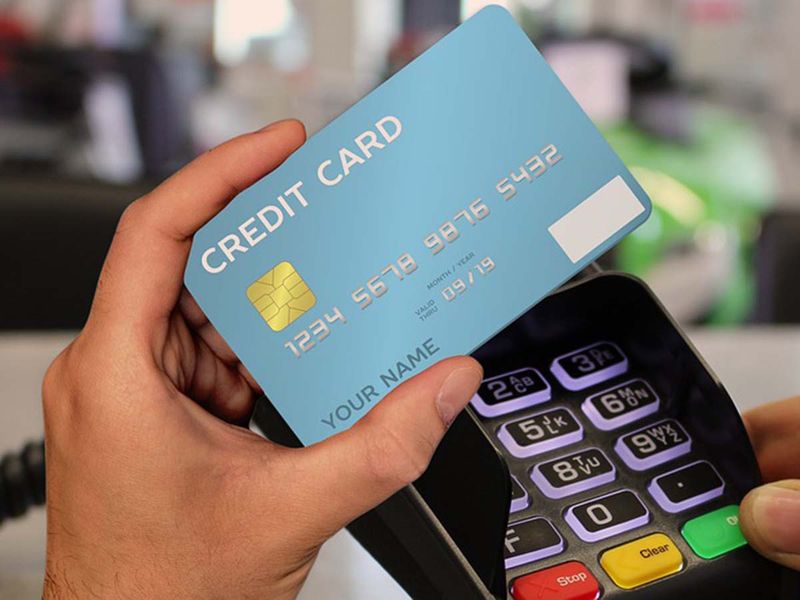
Bottom line: It’s key to knowing when not to use a credit card, than when to use one
Paying with credit cards isn't always better than paying with cash. Retailers honour credit cards because they want to make it easy for you to shop there. But the merchants still have to pay the major credit card companies a portion of every sale in the form of a transaction fee.
Since a cash sale means more to the retailer's bottom line than an equivalent credit sale, some retailers give discounts for the privilege of immediately taking your cash. On a big item, like a furniture set, for instance, the difference could be substantial. However, you'll forego the consumer protections offered by credit cards.
There are other reasons when paying with credit isn't better, and they have to do with you and your spending habits.
You tend to spend more than you can afford: Paying with debit will limit you to spending money already earned.
You can only get a credit card with a low credit limit and you have a hard time staying under the balance: Exceeding your credit limit results in costly fees, and doing this can also put a dent in your credit score.



